Written while fangirling over Bill McKibben
Day two at civil society conference is complete, and we have a feeling that things are just going to get better. After downing our essential morning espresso, we entered the festive conference site to begin another action packed day.
The first presentation we attended today was titled “Momentum for Divestment”, which was hosted by 350.org, followed an important press conference where the campaigners announce that 3.4 trillion dollars has been committed to divestment from 500 plus institutions. The event consisted of short panel-style presentations by some of the most notable environmental activist and divestment campaigners from around the globe such as, Bill Mckibben of 350.org, Kevin De Leon of the California State Senate, Jeremy Leggett of Carbon Tracker and many more.
The real purpose of the event was to continue to shine light on the fact that divestment is a campaign that allows for people to stand up to powerful fossil fuel corporations. At the end of the day, money talks – we are all in some way connected to an institution with a pot of money. Whether it is personal investments, faith groups, cities, fortune 500 companies or Colleges and Universities, every entity has power over its investments. This is a movement that ties together local and global issues and at the end of the day it is these dollar signs that drive our addiction to a fossil fueled world. Stephen Heintz from the Rockefeller Brothers Fund noted, “[Divestment] is a profound moral question that has huge environmental, economic and social consequences.” This is progress. It is not just symbolic or insignificant – it sends the message to the market that business as usual is no longer acceptable. An important takeaway is that this movement is snowballing. Just look at the numbers – 3.4 trillion dollars from 500+ institutions. This movement destabilizes the edifice of power that is the fossil fuel industry. After the invigorating lecture on divestment, we grabbed quick cups of soup and continued our day.
While sitting at the conference site, two representatives from a French nonprofit approached us. They asked where we were from and used a tablet to calculate the carbon footprint of our air travel to Paris. We found out that each of our trips from the east coast amounted to the carbon equivalent of 18 to 20 fully grown trees, and the nonprofit offered to offset our emissions using grant money from the French government. The encounter left us in conversation about the irony of the conference: 40,000 people from around the world had gathered in Paris to solve a climate crisis that we were all contributing to simply by attending. And, while we wouldn’t be quick to admit it, our COP21 footprints are much greater than our travel emissions. Despite being made entirely of sustainable materials, the conference building had, after all, been constructed exclusively for the two-week period. Furthermore, the on-site cafes generate copious amounts of waste, serving meals atop of disposable plates and handing out bottled water. The discussion left us hoping that the outcome of the negotiations would make it all worth it– that the policy implications of COP21 would be strong and effective enough to slow climate change and make the conference’s emissions negligible.
The day ended with a panel about climate-smart agricultural systems. Gabby eagerly sat in the front row, as this pertains directly to her thesis. The speakers were all professors and researchers, and discussed how to address the impending food crisis with a growing population and a limited amount of land. It was refreshing to finally hear people address the significance of food and diet in our climate crisis. The numbers vary dramatically depending on scopes and data collection, but today’s talk iterated that 30% of the world’s greenhouse gasses come from agriculture, with livestock alone contributing 15% of global emissions. So not only are our food systems creating climate change, but they’re going to be dramatically impacted and devastated by the very problem they’re creating. The speakers concluded by noting that one of the very best personal actions you can take is to switch to a plant based diet and dramatically reduce or completely eradicate meat and dairy consumption in your diet. This was music to Gabby’s ears.
We’ve been cooking most of our meals in our apartment; our group contains one vegan, two vegetarians, and one who is giving it a plant-based diet a shot. Being part of the western world, it’s nearly impossible to escape having a massive personal carbon footprint. We don’t all have the ability to put solar panels on our roof; we can’t all drive a hybrid or an electric car; we can’t shut down all the coal power plants in operation, but we do have control over what we put on our plates three times a day. Out of all consumer goods, food has the largest carbon footprint. And of all the foods, animal products have the greatest environmental impacts. If you’re interested, you can read Gabby’s thesis when she’s done with it (!!), or you can watch this excellent documentary to learn more.
Update from today’s official negotiations:
-
All of the heads of state have left, and now the floor is left to national delegates to sift through the negotiations. This begins with conquering the topic on everyone’s mind: money. This open consultation on the finance process surely was aimed at tackling Hillary Clinton’s 2009 Copenhagen promise for wealthy nations to mobilize $100 billion annually by 2020
-
Island nations were also a prevalent topic, specifically the Marshall Islands and how they affect the United States on immigration policy, national security and taxpayer dollars.
-
U.S. was targeted as being a major contributor to global pollution, specifically the low energy prices and lack of incentives for conservation
-
Divestment of fossil fuels continues to be popular, as Fossil Fuel stocks rose again. But there is some skepticism about what the $3.2 trillion in assets under management actually means? How much is actually grounded in fossil fuel stocks?
- Former NASA employee turned environmental scientist, James Hansen, has harsh words for the conference here, saying we aren’t doing nearly enough to evade drastic global warming. “This [deal] is half-assed and it’s half-baked”


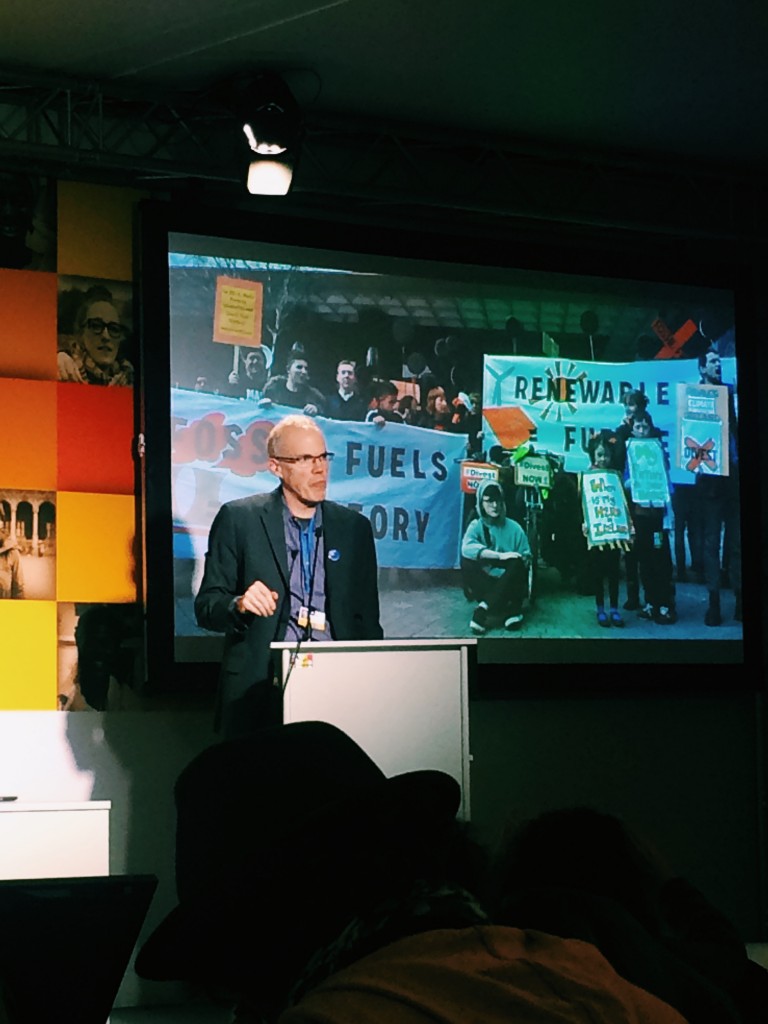
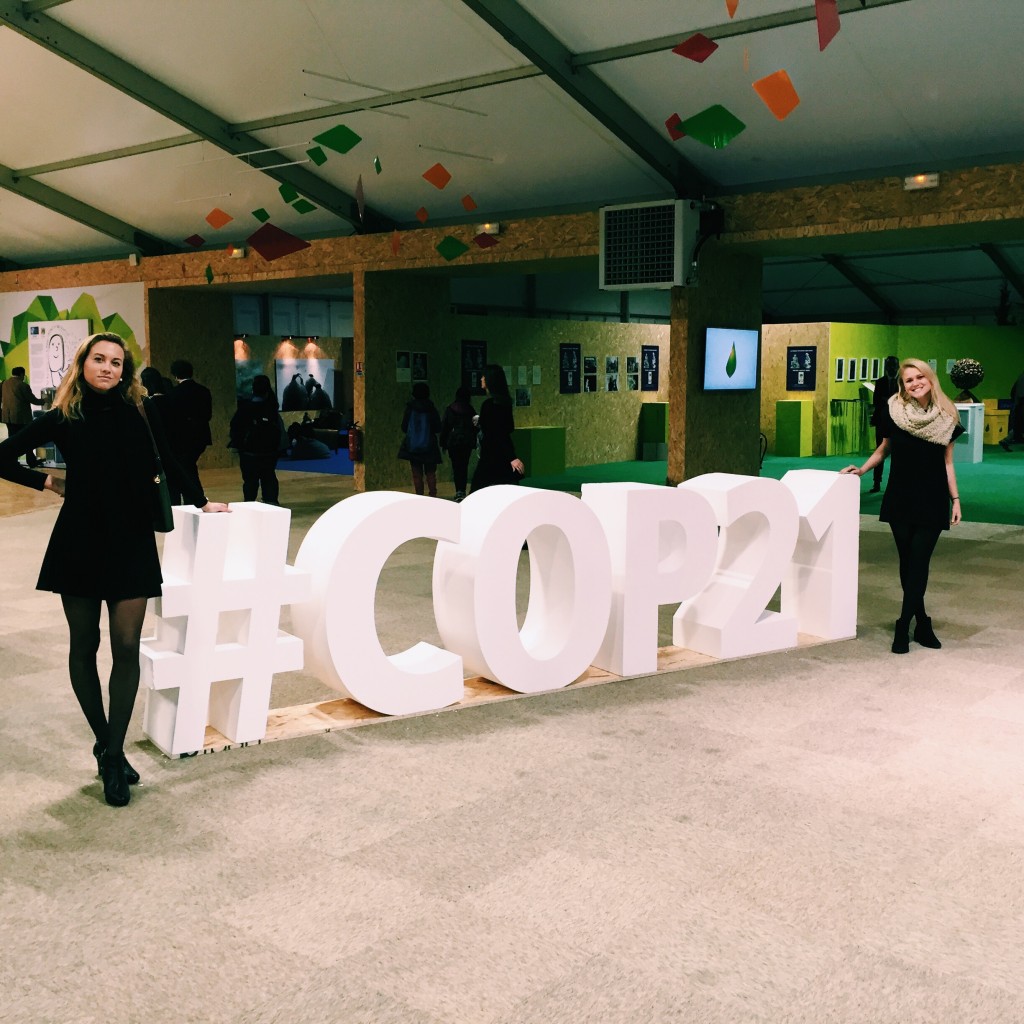
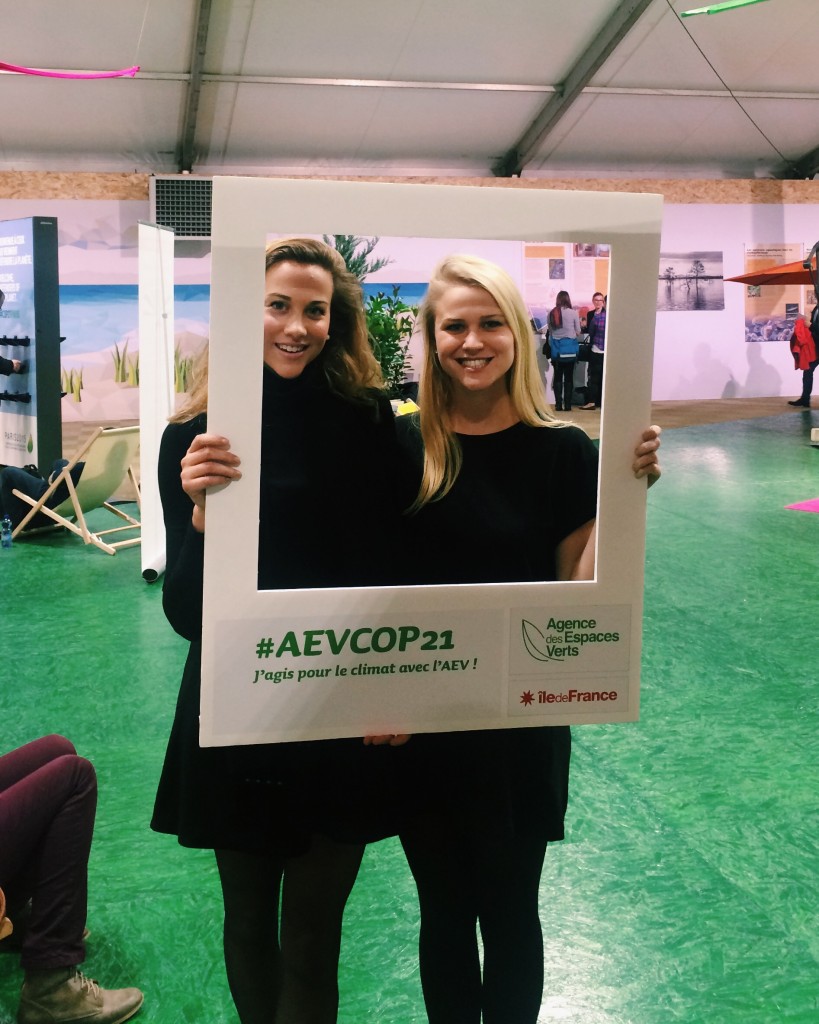
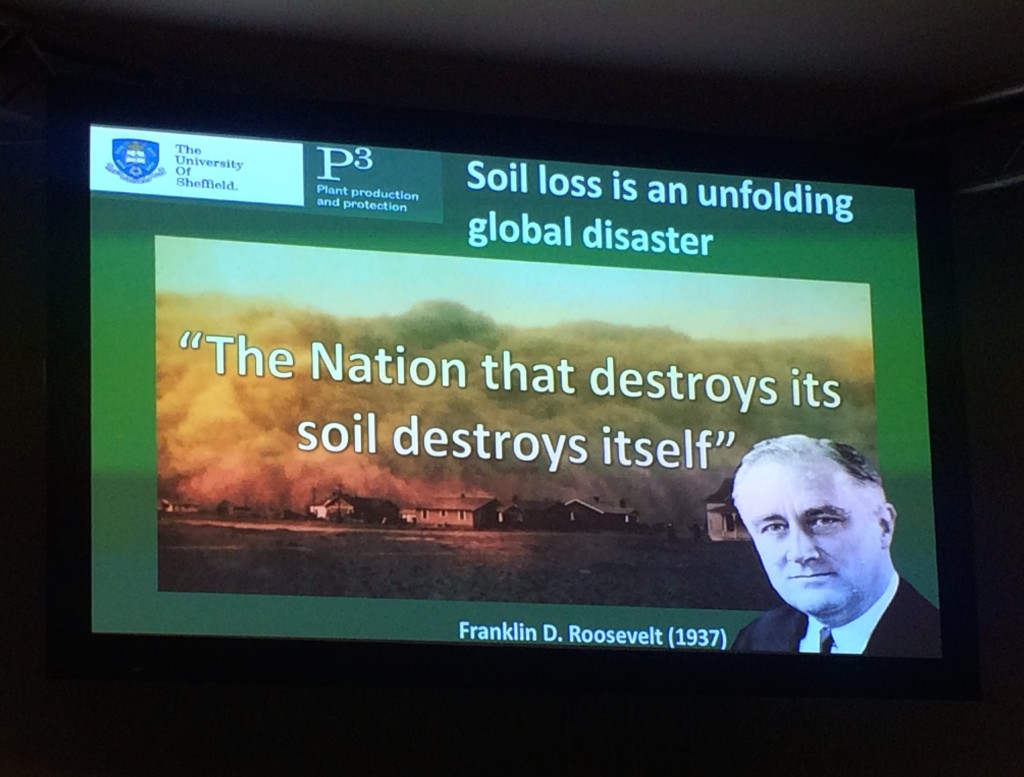
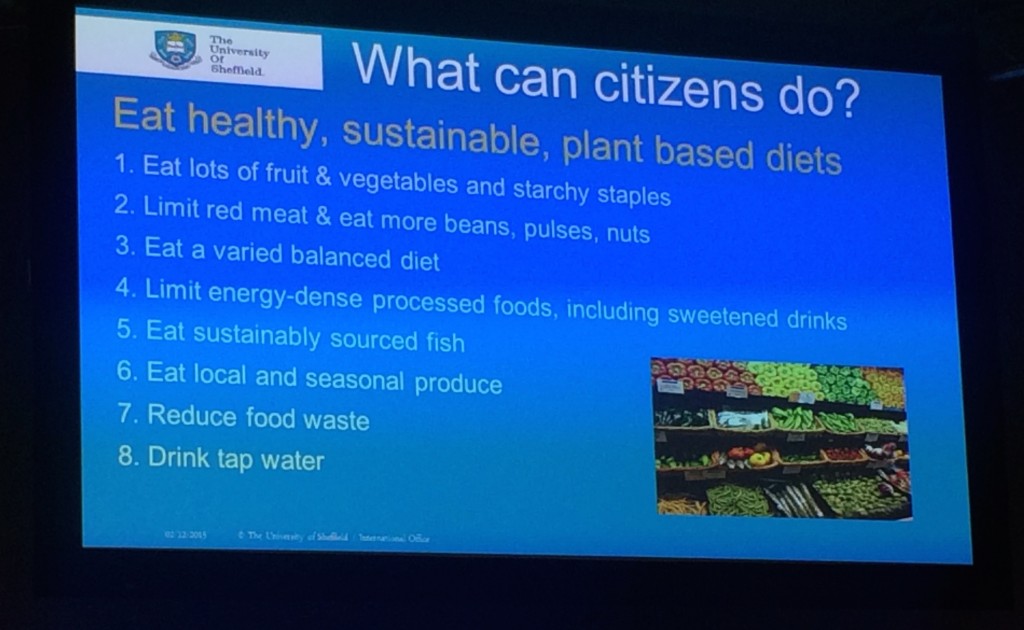
Leave a Reply